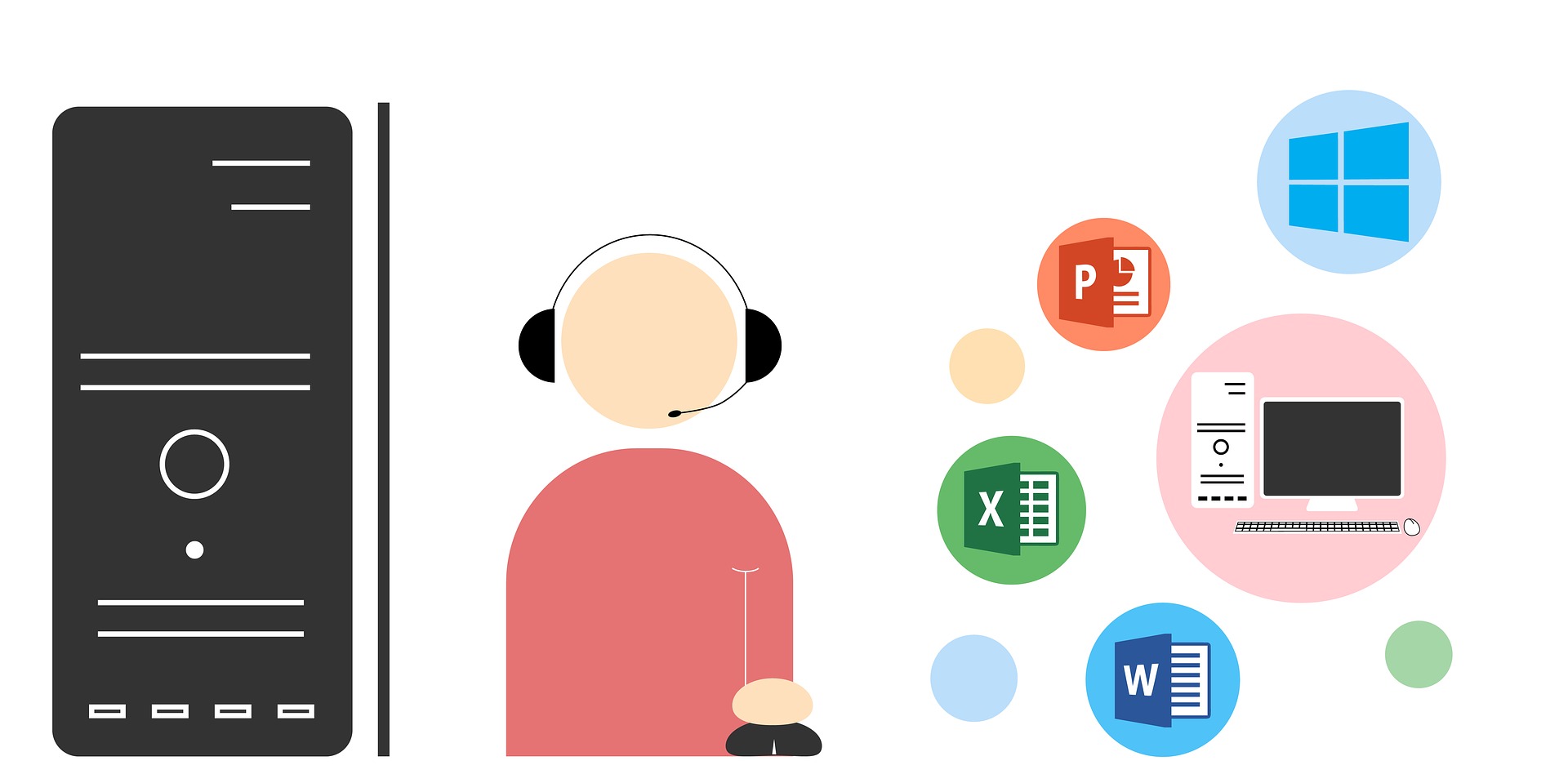 Key Takeaways:
Key Takeaways:
- A durable power of attorney in South Carolina permits someone to make financial and legal choices for an incapacitated person.
- Without a durable power of attorney, important decisions may end up in the hands of the court through a guardianship or conservatorship process.
- A durable power of attorney in South Carolina permits someone to make financial and legal choices for an incapacitated person.
- A durable power of attorney requires the agent to be an adult with the legal competence to serve as an agent.
- When selecting an agent, it is important to consider their qualities, abilities, availability, proximity, and willingness to take on responsibilities.
- A durable power of attorney can grant the agent authority over various financial and legal decisions, but there are limitations and restrictions.
- The agent’s rights and responsibilities should be clearly stated in the durable power of attorney instrument.
- A valid durable power of attorney in South Carolina must be in writing, signed by the principal and two witnesses, and may be notarized.
- The principal has the right to revoke or amend a durable power of attorney at any time.
- To protect against abuse, it is recommended to choose a trustworthy agent and periodically review and monitor their actions.
- Consulting with an attorney who specializes in estate preparation and elder law can provide more information and support.
The Basics of Durable Power of Attorney
What is Durable Power of Attorney?
A durable power of attorney, also known as an attorney-in-fact or agent, is a legal document that, in the event of an individual’s incapacitation, enables them to designate another person—the agent or attorney—to handle financial and legal matters on their behalf. A durable power of attorney endures even in the event that the principal loses the ability to make decisions for oneself, in contrast to a general power of attorney that is nullified if the principle is rendered incapable of doing so.
Why is Durable Power of Attorney Important?
A durable power of attorney is crucial because it enables people to prepare for the possibility of incapacity in the future. By appointing a trusted agent, the principal ensures that their financial and legal affairs will be managed according to their wishes even if they are unable to make decisions themselves. Without a durable power of attorney in place, important decisions such as managing investments, paying bills, and making healthcare choices may end up in the hands of the court through a guardianship or conservatorship process.
Differences Between Durable Power of Attorney and General Power of Attorney
In South Carolina, a general power of attorney expires if the principal loses capacity, which is the primary distinction between a durable power of attorney and a general power of attorney. This implies that when the principal loses the ability to make decisions, the agent’s ability to act on their behalf expires. On the other hand, a durable power of attorney continues in effect even in the event of the principal’s incapacity, making it a more comprehensive and long-term solution.
Choosing the Right Agent
Who can be an Agent in South Carolina?
In South Carolina, the agent appointed in a durable power of attorney must be an adult (at least 18 years old) and have the legal capacity to act as an agent. The agent can be a family member, friend, or trusted advisor. It is important to choose someone who is responsible, trustworthy, and capable of making sound financial and legal decisions.
Qualities to Look for in an Agent
When selecting an agent for a durable power of attorney, it is crucial to consider their qualities and abilities. The agent should have good judgment, financial literacy, and the ability to communicate effectively. They should also be someone who is willing to act in the best interests of the principal and carry out their wishes.
Considerations when Choosing an Agent
While choosing an agent, it is important to consider the agent’s availability, proximity to the principal, and their willingness to take on the responsibilities of managing the principal’s affairs. It is also wise to have a conversation with the potential agent to ensure they understand the responsibilities and are willing to accept the role. Additionally, it may be helpful to pick an alternate agent in the event that the primary agent is unable or unwilling to perform their tasks.
Understanding the Scope of Authority
Types of Decisions Covered by Durable Power of Attorney
A durable power of attorney in South Carolina gives the agent the right to make financial and legal decisions on the principal’s behalf. This involves maintaining bank accounts, paying bills, making investments, conducting real estate transactions, and filing taxes. The extent of authority can be tailored to the principal’s individual requirements and preferences.
Limitations and Restrictions of Durable Power of Attorney
While a durable power of attorney grants broad authority to the agent, there are certain limitations and restrictions that apply. For example, the agent cannot make decisions that go against the principal’s known wishes or violate the law. The principal can also include specific instructions or limitations in the power of attorney document to further guide the agent’s actions.
Defining the Agent’s Powers and Responsibilities
It is essential to clearly define the agent’s powers and responsibilities in the durable power of attorney document. This can be done by including specific language that outlines the agent’s authority and limitations. The document should also specify whether the agent has the power to make healthcare decisions on behalf of the principal or if a separate healthcare power of attorney is needed.
Critical Aspects of South Carolina Durable Power of Attorney
Creating a Valid Durable Power of Attorney in South Carolina
To create a valid durable power of attorney in SC, certain requirements must be met. The document must be in writing and signed by the principal in the presence of two witnesses. The witnesses must also sign the document. It is recommended to have the document notarized to add an extra layer of validity.
Revoking or Amending Durable Power of Attorney
As long as they are of legal age, the principal may withdraw or modify a durable power of attorney at any time. This can be performed by signing a written statement of revocation or by creating a new power of attorney instrument that explicitly revokes the previous one. It is important to notify all relevant parties about the revocation or amendment to ensure that the agent’s authority is no longer recognized.
Protecting Against Abuse of Durable Power of Attorney
Although a durable power of attorney is an effective instrument for handling financial and legal matters, misuse is a possibility. To protect against abuse, it is recommended to choose a trustworthy agent and periodically review and monitor their actions. It is essential to get legal counsel and take the required legal measures to protect the principal’s interests if abuse or misconduct is suspected.
By understanding the basics of durable power of attorney, choosing the right agent, grasping the scope of authority, and being aware of the critical aspects of South Carolina law, individuals can effectively plan for their future incapacity and ensure their financial and legal affairs are handled according to their wishes. Consulting with an attorney who specializes in estate planning and elder law can provide further guidance and assistance in creating a thorough and personalized durable power of attorney document.








